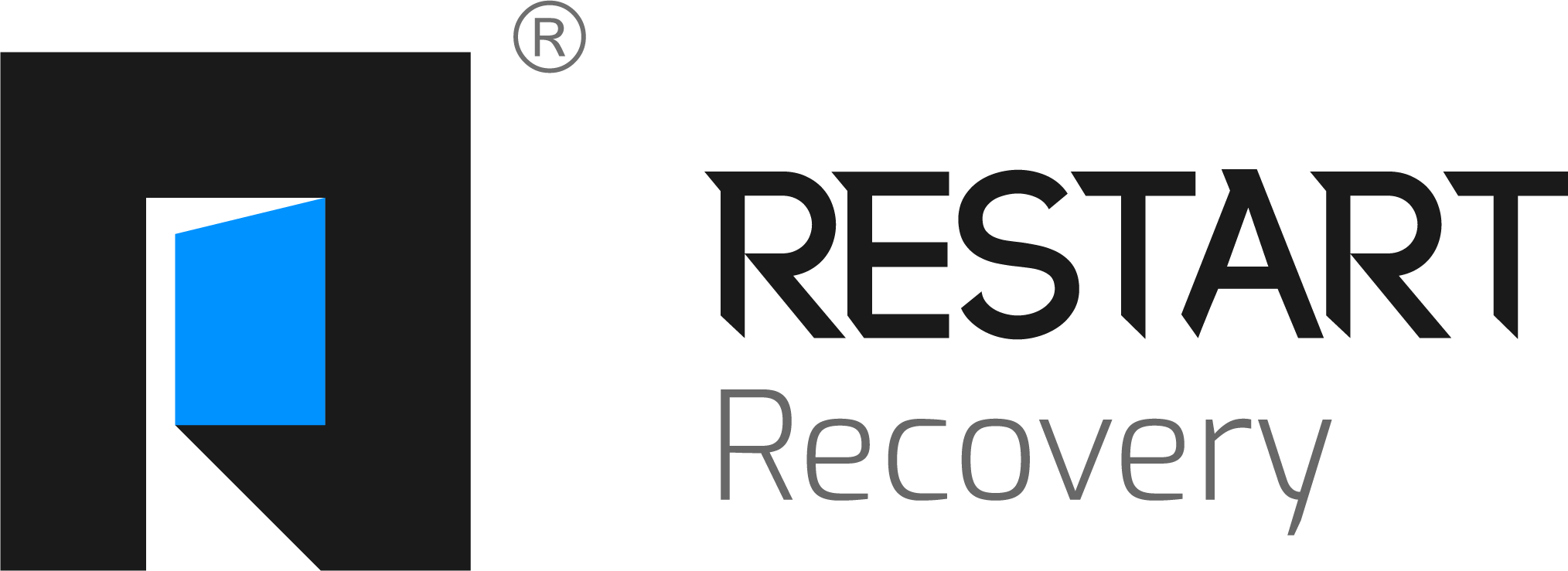Alcohol vs. Marijuana: Is One Safer Than the Other?
- Yasmin Maghsoudloo
- Feb 20, 2025
- 5 min read

Alcohol vs. Marijuana: Is One Safer Than the Other?
Both alcohol and marijuana are widely accepted in society, but their safety is a nuanced topic. What feels “safe” varies from person to person, and regardless of perception, both substances carry the potential for addiction.
Alcohol Use
Alcohol is among the most socially acceptable substances worldwide. In 2021, over 78% of Americans aged 12 and older reported consuming alcohol at least once in their lives.
How Addictive Is Alcohol?
Alcohol addiction is one of the most common forms of substance dependency in the U.S. The timeline for developing addiction varies, influenced by factors like genetics, drinking habits, and individual tolerance. For some, it can take years, while others may develop a dependency within months.
Certain factors increase the risk of addiction, such as how alcohol is metabolized in the body. People with a naturally low tolerance or those who drink regularly may build up a higher tolerance, requiring more alcohol to achieve the same effects. This cycle often accelerates the path to addiction.
Binge drinking and heavy alcohol use significantly contribute to alcohol use disorder. While casual, occasional drinking may not pose risks for many, frequent blackouts or daily intoxication can make individuals more vulnerable to addiction.
Risks of Alcohol Use
Both short- and long-term risks accompany excessive alcohol consumption.
Short-Term Risks
Heavy drinking can impair judgment, leading to impulsive and dangerous behaviors. Common risks include:
Accidental Injuries: Car crashes, falls, and burns are more likely when under the influence. In the U.S., an alcohol-related car accident claims a life every 45 minutes.
Alcohol Poisoning: A medical emergency that may result in vomiting, seizures, or even death.
Risky Sexual Behavior: Increased likelihood of unplanned pregnancies and exposure to sexually transmitted infections (STIs) like herpes or HIV.
Long-Term Risks
Chronic alcohol abuse can have serious consequences, including:
Physical Health Problems: Heart disease, high blood pressure, digestive issues, stroke, and liver damage.
Cancer: Increased risk of developing cancers such as breast, throat, esophageal, and colon cancer.
Mental Health Issues: Heightened risk of depression and anxiety.
Weakened Immunity: Greater susceptibility to illnesses and slower recovery.
Cognitive Impairments: Memory and learning problems that affect work and personal life.
Strained Relationships: Alcohol abuse often damages bonds with family, friends, and colleagues.
When to Seek Help for Excessive Drinking
Alcohol impacts people differently, and it’s not always easy to recognize when drinking becomes problematic. If you’re questioning whether your habits have crossed the line, consider these indicators:
Do you often drink more than intended?
Can you go a full day without alcohol?
Do you drink at inappropriate times, such as at work or early in the morning?
Does alcohol interfere with your personal, professional, or social life?
Do you hide your drinking from others?
Do you make poor decisions under the influence?
Are loved ones expressing concern about your drinking habits?
Do you believe you might have an alcohol dependency?
Answering these questions honestly can provide clarity about your relationship with alcohol. While self-reflection is important, only a professional can diagnose alcohol use disorder. If you feel the need for support, consider reaching out to a treatment center or speaking with a specialist.
Marijuana Use
Between marijuana and alcohol, many consider marijuana the "lesser evil." However, marijuana can be addictive—a fact that might surprise some. As legalization spreads across the U.S., so does research into cannabis, shedding light on its risks, benefits, and potential for addiction.
Medicinal Benefits of Marijuana
When used responsibly, marijuana offers notable medicinal benefits, particularly for individuals with chronic pain. Many view cannabis as a safer alternative to prescription opioids. Natural compounds in marijuana, such as THC and CBD, have therapeutic properties:
CBD: Known for reducing anxiety and depression, CBD can also help prevent neurological conditions like Parkinson’s disease, Alzheimer’s, and multiple sclerosis.
THC: Often associated with pain relief and relaxation.
While marijuana has proven benefits, deciding whether it is right for you depends on your personal circumstances and substance use habits. Reflecting on your relationship with cannabis is a valuable starting point.
Is Marijuana More Addictive Than Alcohol?
Comparing marijuana and alcohol addiction isn’t straightforward. Cannabis is often viewed as a medicinal tool with fewer risks than alcohol. However, addiction is possible with nearly any substance, including marijuana.
Studies generally indicate that marijuana has lower health-related risks compared to alcohol. For instance, cannabis poses a lower risk for developing conditions like liver damage, severe withdrawal symptoms, and certain types of cancer. It also has a significantly lower overdose risk compared to alcohol. However, more research is needed to fully understand cannabis addiction.
Effects of Excessive Marijuana Use
Marijuana abuse impacts health in both the short and long term.
Short-Term Effects
Some immediate effects may be pleasant, but others can pose risks:
Heightened sensory perception and euphoria: Colors and sounds may feel more intense, and you may feel happier.
Drowsiness and relaxation: Some strains have strong sedative properties.
Slower reaction times: Activities like driving become significantly more dangerous.
Coordination and balance issues: Cannabis may cause dizziness or lightheadedness.
Anxiety: Frequent use can increase anxiety levels over time.
Long-Term Effects
Prolonged use can lead to more serious health concerns:
Respiratory issues: Smoking marijuana introduces harmful toxins into your lungs, which can result in chronic coughs and infections.
Memory and learning problems: Studies suggest regular use negatively impacts memory, impulse control, and the ability to learn new information.
Mental health challenges: Persistent marijuana use may increase the risk of anxiety, depression, and psychosis.
When to Seek Help for Marijuana Abuse
Identifying marijuana addiction can be challenging. If you’re uncertain, consider these questions:
Do you often use large amounts of marijuana?
Is it difficult to go a day without it?
Do you use marijuana in inappropriate settings, like work or school?
Is your marijuana use causing problems in your personal or professional life?
Are you distancing yourself from loved ones or primarily socializing with others who use marijuana?
Have you relapsed after attempting to quit?
Do you drive while under the influence?
Are your friends or family concerned about your marijuana use?
Do you suspect you may have a marijuana addiction?
If you’ve answered yes to several of these questions, reaching out to a professional can help you gain clarity and plan your next steps.
Treatment Options for Marijuana Abuse
Effective treatment for marijuana addiction often combines various therapeutic approaches. Options include:
Cognitive Behavioral Therapy (CBT): Focuses on identifying and changing negative thought patterns.
Contingency Management: Offers rewards for achieving sobriety goals.
Motivational Enhancement Therapy (MET): Helps build motivation to quit and stay sober.
Peer Support Groups: Provides community-based support for recovery.
Exploring a treatment program that aligns with your recovery goals is essential. Rehab centers specializing in marijuana addiction can guide you toward a healthier lifestyle.
Treatment Options for Alcohol Abuse
Alcohol addiction treatment often begins with detox, as withdrawal symptoms can be severe and even life-threatening without medical supervision. Trained healthcare providers can help you safely navigate the early stages of recovery.
After detox, treatment may involve a range of therapeutic options, including:
Cognitive Behavioral Therapy (CBT)
Motivational Enhancement Therapy (MET)
Family Counseling
Medications
Peer Support Groups
If you’re ready to seek help for alcohol or marijuana addiction, explore rehabilitation centers that offer personalized support and evidence-based therapies.
Frequently Asked Questions About Alcohol vs. Marijuana
Is alcohol or marijuana safer to use?
Both alcohol and marijuana carry risks and can be harmful, with addiction being a possible outcome for either substance. To reduce potential harm, it’s essential to approach substance use with caution and make well-informed decisions.
How addictive is alcohol compared to marijuana?
Alcohol addiction is more prevalent than marijuana addiction, but the likelihood of developing alcohol use disorder (AUD) depends on factors like genetics, drinking patterns, and personal characteristics. While marijuana is often seen as less dangerous, it can still lead to addiction, as any substance has that potential. Ongoing research aims to clarify the connection between marijuana use and addiction.
When should I seek help for alcohol or marijuana abuse?
Determining when to seek help can be difficult. If either substance is negatively affecting your life or if you’re questioning your use, consulting a professional is a wise step toward understanding and addressing the issue.





Comments